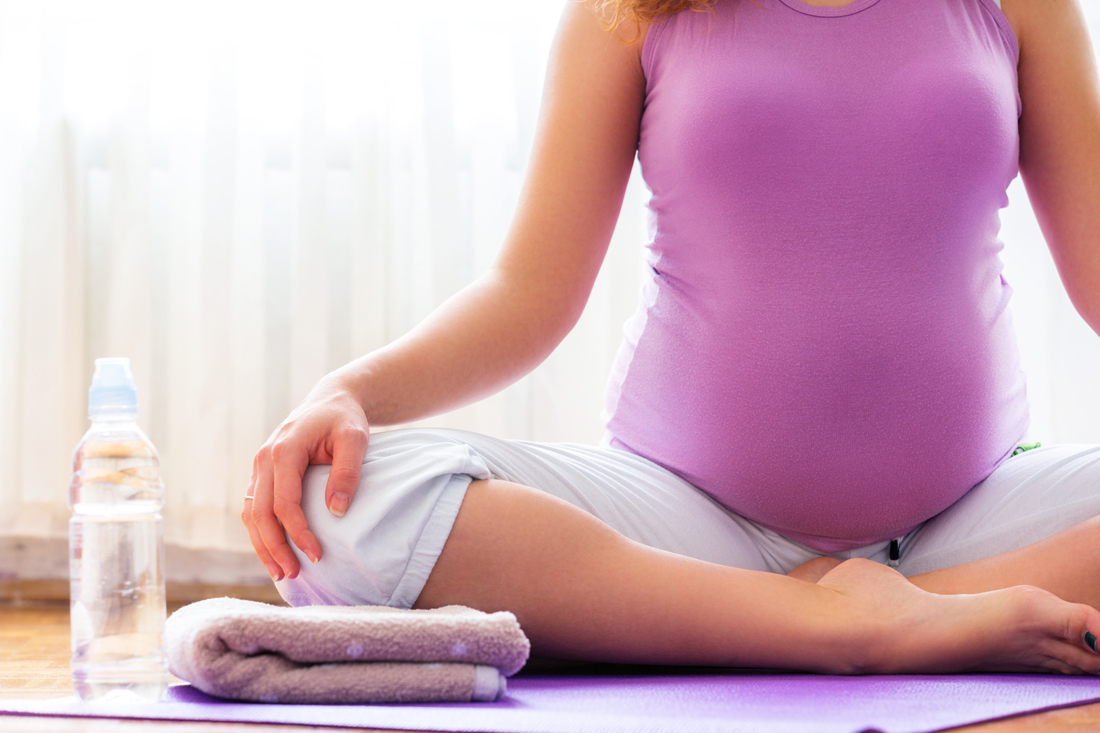Healthy Pregnancy
Healthy Eating
Healthy eating is important for everyone, but it is particularly important as you try to grow a healthy baby. During pregnancy, you can fuel your baby’s optimal growth and development, lower your baby’s risk of disease later in life and keep yourself well by eating enough of the right foods.
Your diet should include a wide variety of foods which are low in fat, sugar and salt, and rich in whole grains, fruit, vegetables and calcium. The food pyramid is a guide to getting a good balance of each food group in your diet.
Healthy Eating
Increase Your Iron Intake
Iron is important for healthy blood and you need extra iron during pregnancy. If you don’t have enough iron in your diet you can get anaemia or low levels of iron in your blood.
Vitamins and Minerals
Calcium is the key to building healthy bones and teeth – both for you and your baby. Foods that have a lot of calcium are milk, cheese, yoghurt, fortified soya milks and fortified orange juice.
Foods To Avoid
Certain foods should be avoided during pregnancy because they can have bacteria in them, too much vitamin A or other toxins that may harm you or your baby.
Common Problems During Pregnancy
Morning Sickness
Your hormones during pregnancy can change the way your digestive system works. These are the most common problems and a change in your diet can help you with :
- Morning sickness
- Heartburn
- Constipation
Weight Related Problems
Weight Gain During Pregnancy
Some complications associated with being overweight include a thrombosis or blood clot, high blood pressure or the development of gestational diabetes. If you have a BMI over 30 you are three times more likely to develop diabetes during your pregnancy compared to a woman with a normal BMI. If you are overweight, your baby will have an increased risk of obesity and diabetes in later life. For this reason all women with a BMI greater than 30 will have their blood glucose levels checked during the pregnancy.
Mental Health During Pregnancy
Emotional and Mental Well-Being
Your emotional and mental well-being are also key to a healthy pregnancy. From the moment you suspect or confirm that you are pregnant, things begin to change. Finding out you are pregnant is usually a very emotional experience – you are either delighted, terrified, or somewhere in-between.
Exercise During Pregnancy
To stay healthy and well, pregnant women should take regular exercise. As well as being good for your heart, breathing and muscle tone, exercise helps reduce stress levels, improve sleep and helps prevent you from getting pain around the pelvis and low back areas. Exercise can also help you manage your blood sugars, gestational diabetes and help you from putting on too much weight.
Exercising regularly will help you get ready for labour, and after your baby’s birth, it will help you get back into shape.
If you are healthy and well, and have no problems with your health before or during your pregnancy, you should do 30 minutes of moderate exercise at least five days a week. You can divide this up into two 15 minute sessions if it is easier for you.
If you have medical or pregnancy problems, or are worried about your health, you should talk to your doctor, midwife or physiotherapist before exercising.
Introduction from the Rotunda’s Physiotherapy Manager Cinny Cusack
Knowing how to do your pelvic floor muscle exercises is really important and can help you prevent or stop urine from leaking. The physiotherapists in The Rotunda Private have made five videos on learning about pelvic floor muscles, doing your pelvic floor muscle exercises, leaking urine and doing exercises after you have your baby. We made the videos so that all women can receive reliable, trustworthy, free information and to let women know that:
- Leaking urine is not normal and can be treated
- Doing pelvic floor muscle exercises regularly helps treat and prevent urine from leaking
Leaking urine or wetting yourself when you do not mean to (also known as urinary incontinence), can be treated with pelvic floor muscle exercises (PFME). PFME help reduce symptoms of urinary leakage; in some cases leading to temporary or even permanent relief.
We know from research done at the Rotunda Hospital as part of the MAMMI study, that:
- One in three women leak urine occasionally (less than once per month) before their first pregnancy
- One in three first time mothers leak urine once a month or more frequently during pregnancy
- As many as one in two first-time mothers leak urine three months after the birth of their first baby. The numbers are higher in women who have had more than one baby
We also know from looking at our antenatal class attendance records that only half of first time mothers and fewer than one in twenty women having their second or subsequent baby received PFME education, taught during the antenatal classes in the Rotunda Hospital.






